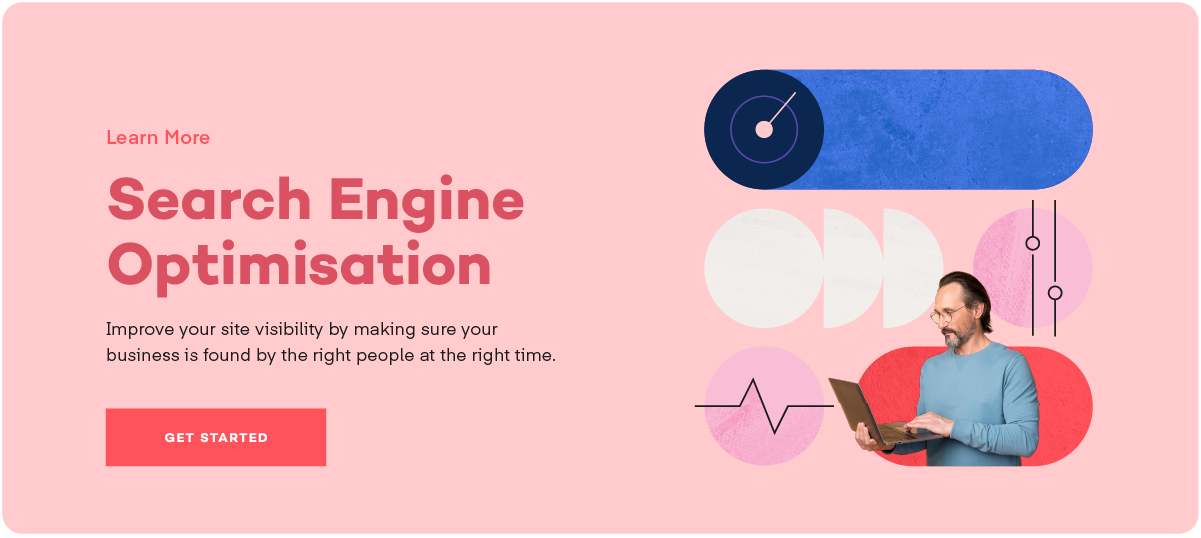When optimising your B2B website for search engines, it’s all too easy to get distracted by the latest trends and buzzwords. Terms such as image and voice search, AI content penalisation, and multi-language SEO can make your head spin!
So - let’s start from the beginning.
In this blog series, we’re going to look at optimising your B2B website SEO to help fuel your growth with a low-cost, high ROI lead generation method. But before we dive in too deep, now is a great time to ensure you have the fundamentals set up correctly on your website to boost your chance of success.
Tip: Use our free Website Grader to see how your website performs here.
Below is a quick checklist you can run through with your web developer or marketing team.
B2B SEO Fundamentals Checklist
- Does your website have HTTPS and an SSL certificate? Not having these security measures in place could expose your user data to outsiders.
- Do all your website pages have up-to-date, relevant keyword-focused meta titles and descriptions? These help searchers understand the purpose and content of your pages.
- Does your website have a best-practice sitemap and a logical page hierarchy? Sitemaps help search engines crawl your website and find all your content.
- Are you utilising the Google Search Console? Ensure your sitemap is submitted here and there are no errors detected. You can do the same with Bing Webmaster Tools. These are great tools to report on SEO growth and issues moving forward
- Do you have a robots.txt file in place? This helps search engines know which parts of your website they should access.
- Do you have Google Analytics enabled on your website? This can send beneficial engagement signals to Google.
- Are you using the correct HTML tags for each page element? (e.g. descending heading orders - H1, H2, headers, footers, navigation). This helps crawling robots better understand the content of your website.
- Do your images have "alt" tags? This can help with user accessibility and image search.
- Does your website have any custom schema code to help search engines better understand your business?
- Do you have a Google My Business listing set up? Is it up to date? This helps your prospects find your details online, and shows Google you are trustworthy.
- Is your website optimised for any device? (mobile/tablet/laptop/). This helps to ensure an optimal user experience for your website visitors.
We know there is a lot to unpack there. But ensuring these critical factors are optimised will help set you up for SEO lead gen growth in 2023.
If you need help with understanding or implementing any of the above, our team is standing by to give you a no-obligation website assessment and recommended next steps. Get in touch.
Next in this series: B2B SEO: Building Expertise, Authoritativeness, and Trust (EAT)
